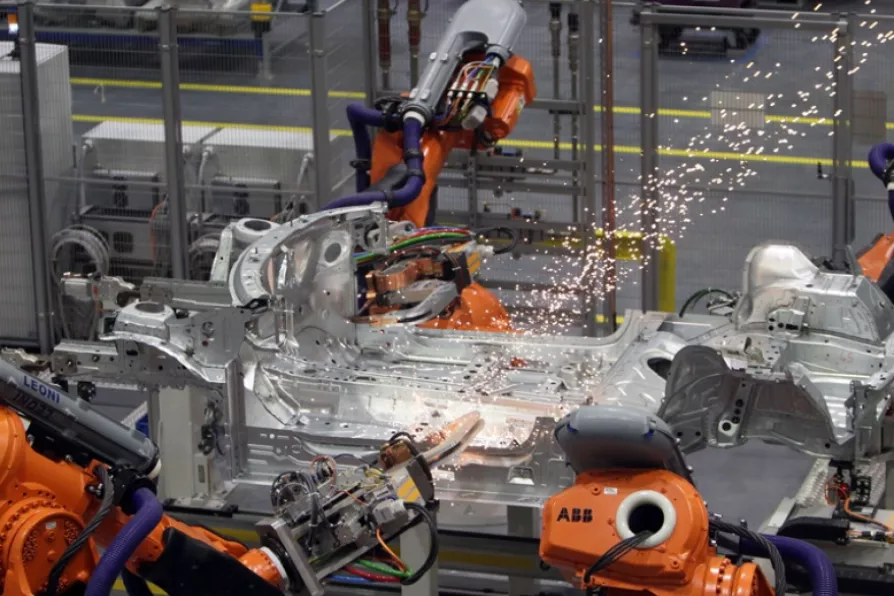The real question for Your Party, as it holds its CEC elections, will be whether shaped from above or built from below by empowered branches and a bold, uncompromising socialist programme. Mel Mullings, Riccardo la Torre and Chloe Braddock of the Grassroots Left slate set out their case


THE first industrial revolution gave birth to modern trade unionism, spawned in the factories and communities made by vast, revolutionary change.
A new global order was taking root putting an end to feudalism. In its place stood new rulers. The industrialists with their mass production and the financiers with their borderless banks. All with almost unimaginable power to determine the lives of others.
But with the advance of modern trade unionism came safeguards hard won by ordinary people. From growing wages to improved health and safety, ordinary workers created their own protection.

SHARON GRAHAM reflects on the lessons of Murdoch’s confrontation with print workers – and argues that, in an age of AI, automation and net zero, only early organisation, collective power and planning can stop history repeating itself

Labour’s watered-down legislation won’t protect us from unfair dismissal or ban some zero-hours contracts until 2027 — leaving millions of young people vulnerable to the populist right’s appeal, warns TUC young workers chair FRASER MCGUIRE

As bus builder Alexander Dennis threatens Falkirk closure and Grangemouth faces ruthless shutdown by tax exile Jim Ratcliffe, RICHARD LEONARD MSP warns that global corporations must be resisted by a bold industrial strategy based on public ownership










